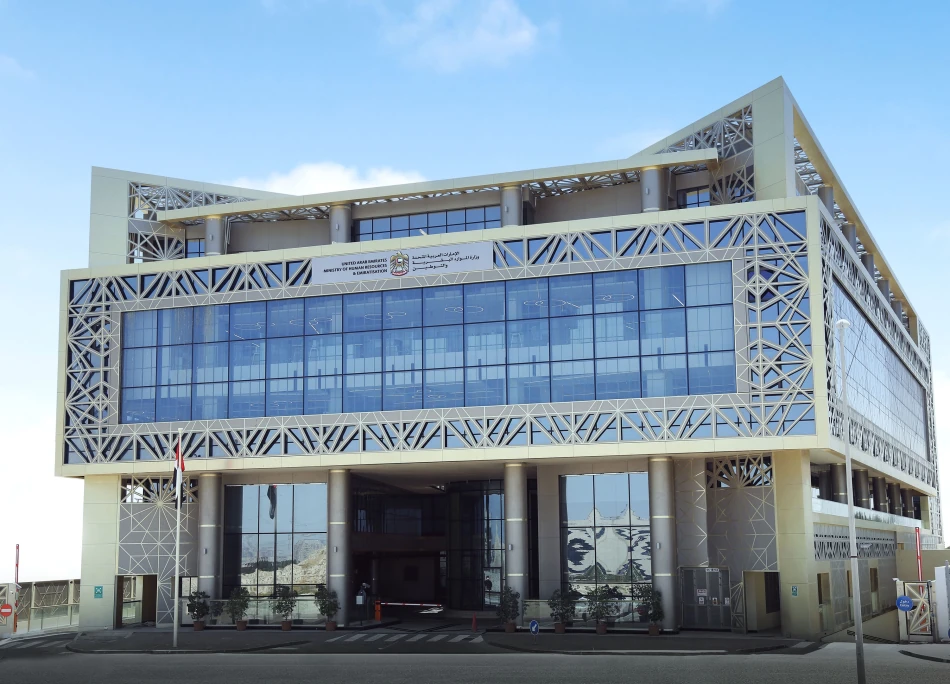
Over 152,000 Emiratis Employed in Private Sector by June: HR and Nationalization Insights
UAE's Emiratization Drive Reaches New Milestone as 152,000 Nationals Enter Private Sector
The UAE's ambitious Emiratization program has achieved a significant breakthrough, with over 152,000 Emirati nationals now employed across more than 29,000 private companies as of June 30, 2024. This represents the highest recorded participation of UAE citizens in the private sector, signaling a fundamental shift in the country's labor market dynamics and economic diversification strategy.
Record Numbers Reflect Economic Diversification Success
The Ministry of Human Resources and Emiratisation announced these figures following the completion of first-half 2024 Emiratization targets, marking what officials describe as "unprecedented and historic numbers" of nationals joining private sector employment. The achievement comes amid a broader economic expansion that saw new companies entering the UAE market grow by 33% last year.
This surge in private sector employment among Emiratis represents more than just job placement—it reflects the UAE's strategic pivot away from oil dependency and toward a knowledge-based economy. Unlike traditional Gulf economies where nationals predominantly occupied government positions, the UAE is successfully channeling its human capital into wealth-generating private enterprises.
Strategic Sectors Drive Employment Growth
Emirati nationals are now working across six key economic sectors: business services, financial intermediation, trade, repair services, construction, and manufacturing industries. The roles span scientific, technical, and humanitarian specializations, with citizens taking positions as specialists, managers, and administrative professionals.
This sectoral diversity is crucial for the UAE's economic resilience. By embedding nationals in finance, manufacturing, and business services—sectors that drive innovation and export revenue—the country is building domestic expertise in areas critical for long-term competitiveness.
Market Impact and Investment Implications
For investors and businesses operating in the UAE, these Emiratization achievements signal several important trends. Companies with 50 or more employees must now achieve 1% growth in skilled job localization during the second half of 2024, while businesses with 20-49 employees across 14 specified economic activities must hire at least one Emirati by year-end.
The policy creates both opportunities and obligations for international firms. While compliance costs may increase, companies gain access to a growing pool of educated, government-supported local talent. The "Nafes" program provides incentives for businesses that exceed Emiratization targets, potentially offsetting implementation costs.
Regional Leadership in Workforce Nationalization
The UAE's approach contrasts notably with other Gulf states' nationalization efforts. While Saudi Arabia's Nitaqat program relies heavily on quotas and penalties, and Kuwait faces ongoing challenges with private sector adoption, the UAE has emphasized partnership and incentives. This collaborative approach appears to be yielding superior results in terms of both compliance and sustainable employment outcomes.
The 152,000 figure represents approximately 15% of the UAE's national workforce—a higher private sector participation rate than most regional peers achieved at similar stages of their nationalization programs.
Future Trajectory and Economic Implications
The ministry expects additional achievements by year-end as second-half targets take effect. This momentum suggests the UAE is approaching a tipping point where private sector employment becomes the norm rather than exception for nationals.
For the UAE economy, this shift reduces fiscal pressure on government employment while building private sector productivity through local knowledge retention. As nationals gain experience in competitive business environments, they develop skills and networks that can drive entrepreneurship and innovation—key components of the UAE's Vision 2071 strategy.
The success also validates the UAE's human capital investment strategy, demonstrating that education and training programs are producing graduates capable of competing in global markets. This creates a virtuous cycle where successful Emiratization attracts more international businesses, generating additional employment opportunities for nationals.
Most Viewed News

 Sara Khaled
Sara Khaled






